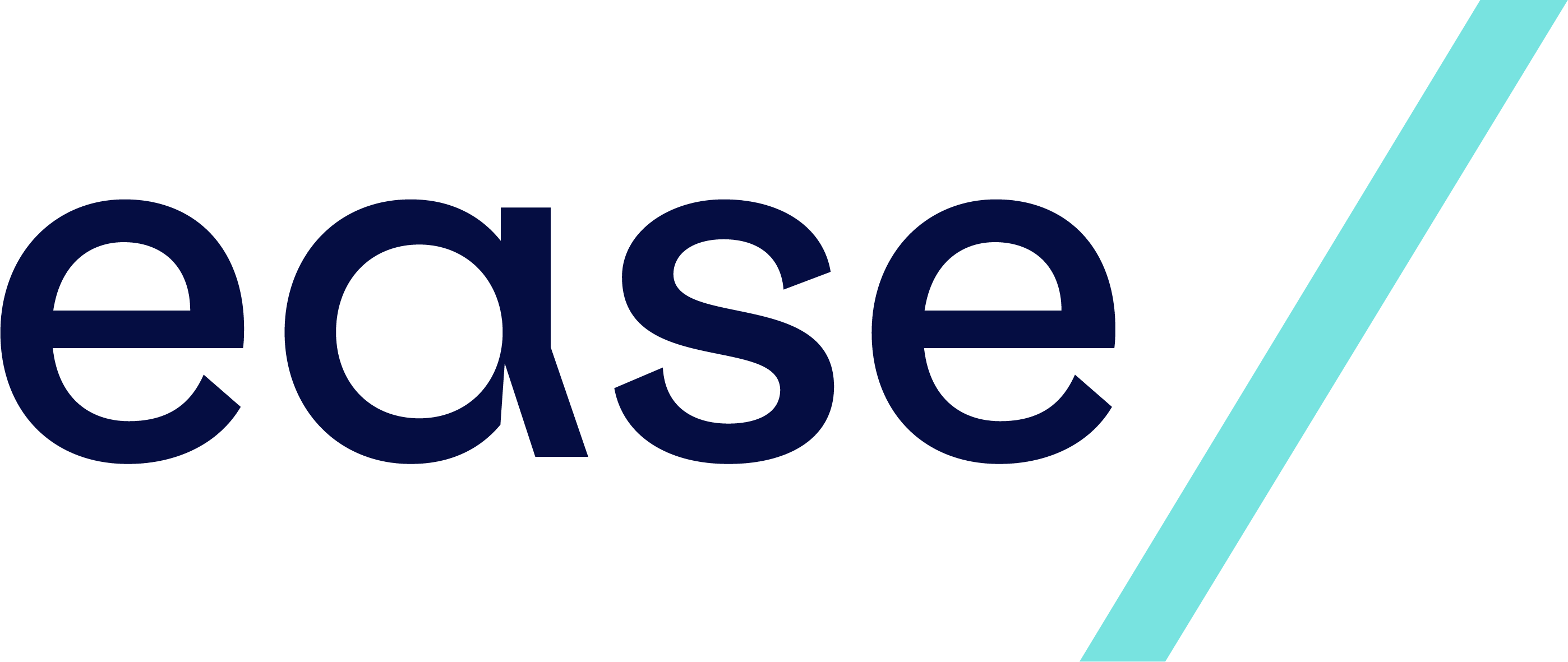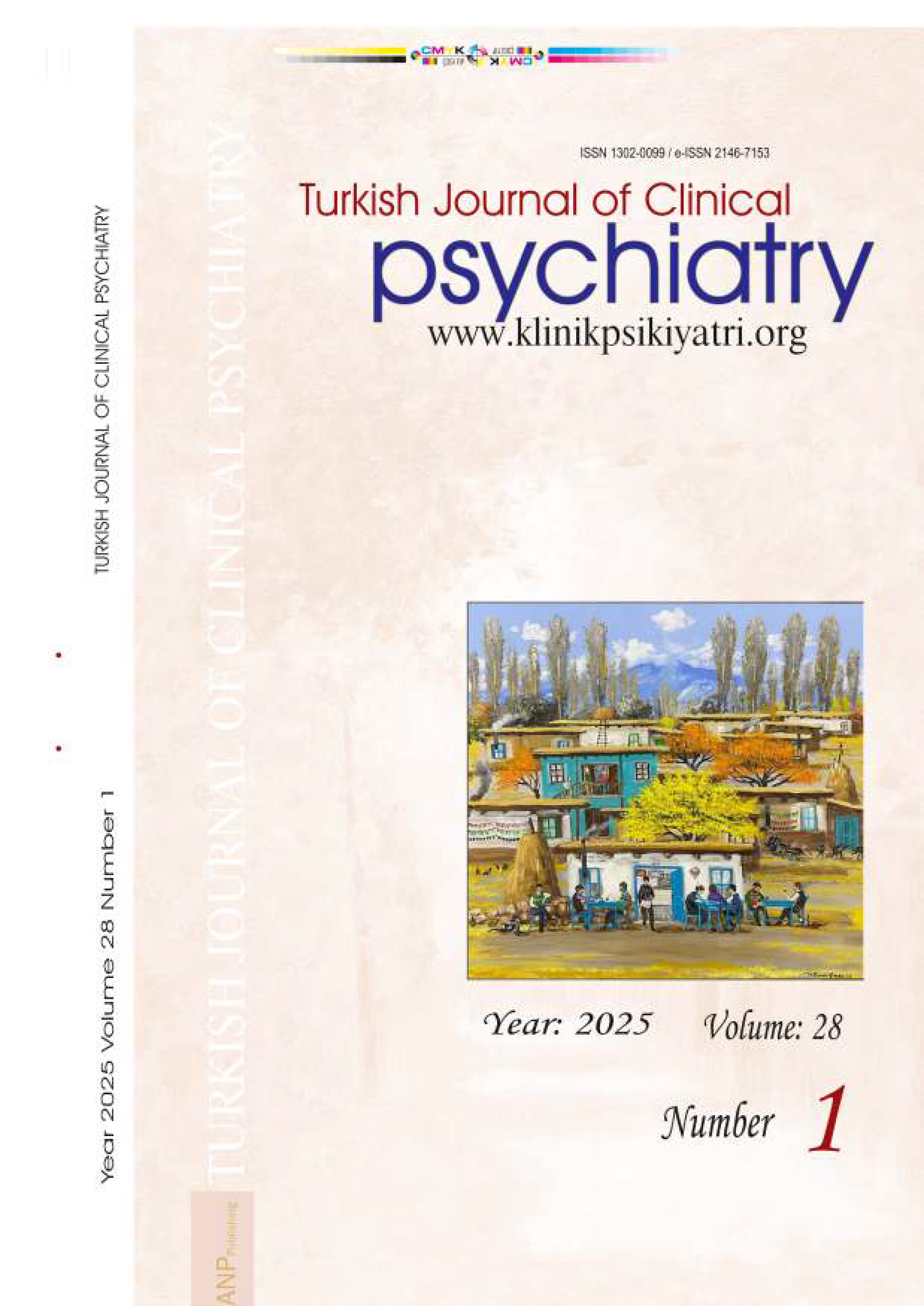





Decision-making under ambiguity in patients with social anxiety disorder
Hasan Demirci1, Efruz Pirdoğan Aydın2, Bekir Alp Kamazoğlu2, Ömer Akil Özer21Department of Psychology, University of Health Sciences, Istanbul, Turkey2Department of Psychiatry, Sisli Hamidiye Etfal Training and Research Hospital, University of Health Sciences, Istanbul, Turkey
INTRODUCTION: The study aimed to compare the decision-making functions of patients with social anxiety disorder (SAD) under ambiguity with healthy controls
METHODS: Seventy-nine patients with SAD (47 with generalized subtype, and 32 with nongeneralized subtype) were included in the study. The healthy control group consisted of 72 individuals who were matched with the patient group in terms of age, sex, and education. Sociodemographic Data Form, Beck Depression Inventory (BDI), State-Trait Anxiety Inventory (STAI), Liebowitz Social Anxiety Scale (LSAS), Barratt Impulsiveness Scale-Short Form (BIS-15), and Iowa Gambling Test (IGT) were administered to all participants
RESULTS: The decision-making performance of patients with SAD was similar to healthy control group. In SAD subtypes, the generalized type performed poorly in the IGT compared with the nongeneralized subtype type. Participants with nongeneralized subtype increased their performance by choosing more advantageous decks after the first 20 card selections and showed a learning effect. Those with generalized type showed a learning effect only in block 5 and continued to choose from disadvantageous cards in the other blocks
DISCUSSION AND CONCLUSION: Patients with SAD preferred advantageous decks like healthy control group and learned to avoid disadvantageous decks. The decision-making performance of the generalized type was impaired. The generalized subtype made choices that won in the short run but lost in the long run and did not benefit from feedback. We believe that this separation in decision-making processes among SAD subtypes will contribute to a better understanding of the types.
Sosyal anksiyete bozukluğu hastalarında belirsizlik altında karar verme
Hasan Demirci1, Efruz Pirdoğan Aydın2, Bekir Alp Kamazoğlu2, Ömer Akil Özer21Sağlık Bilimleri Üniversitesi, Psikoloji Bölümü, İstanbul, Türkiye2Sağlık Bilimleri Üniversitesi Şişli Hamidiye Etfal Eğitim Araştırma Hastanesi, Ruh Sağlığı ve Hastalıkları Bölümü, İstanbul, Türkiye
GİRİŞ ve AMAÇ: Bu çalışmada sosyal anksiyete bozukluğu (SAB) hastalarının belirsiz durumlar altında karar verme işlevlerinin sağlıklı kontroller ile karşılaştırması amaçlanmıştır
YÖNTEM ve GEREÇLER: Çalışmaya 79 SAB tanılı hasta (47 yaygın tip ve 32 yaygın olmayan tip) alındı. Hasta grubu ile yaş, cinsiyet, eğitim açısından eşleştirilmiş 72 kişi sağlıklı kontrol grubu olarak alındı. Tüm katılımcılara Sosyodemografik Veri Formu, Beck Depresyon Envanteri (BDE), Durumluk-Sürekli Kaygı Ölçeği (DSKÖ), Liebowitz Sosyal Anksiyete Ölçeği (LSAÖ), Barratt Dürtüsellik Ölçeği Kısa Formu (BIS-11-KF) ve Iowa Kumar Testi (IKT) uygulandı
BULGULAR: SAB hastalarının karar verme performansları sağlıklı kontrol grubuyla benzerdi. SAB alt tiplerinde ise yaygın tip, yaygın olmayan tipe göre IKT görevinde düşük performans göstermiştir. Yaygın olmayan tip, ilk 20 kart seçiminden sonra avantajlı destelerden daha çok seçim yaparak performanslarını arttırmıştır ve öğrenme etkisi göstermeyi başarmıştır. Buna karşın yaygın tip ise sadece beşinci blokta öğrenme etkisi göstermiştir, diğer bloklarda ise dezavantajlı kartlardan seçim yapmaya devam etmiştir
TARTIŞMA ve SONUÇ: SAB tanılı hastalar, sağlıklı kontrol grubu gibi avantajlı desteleri tercih etmiş ve dezavantajlı destelerden kaçınmayı öğrenmiştir. Alt tiplerde yaygın tipin karar verme performansı bozuktu. Yaygın alt tipteki karar verme süreçlerinde bozulmanın kısa vadede kazandıran ama uzun vadede kaybettiren seçimler ve geribildirimden yararlanamamakla ilgiliydi. SAB alt tipler arasında karar verme süreçlerindeki bu ayrışmanın tiplerin daha iyi anlaşılmasına katkı sağlayacağına inanıyoruz.
Manuscript Language: English
(786 downloaded)










